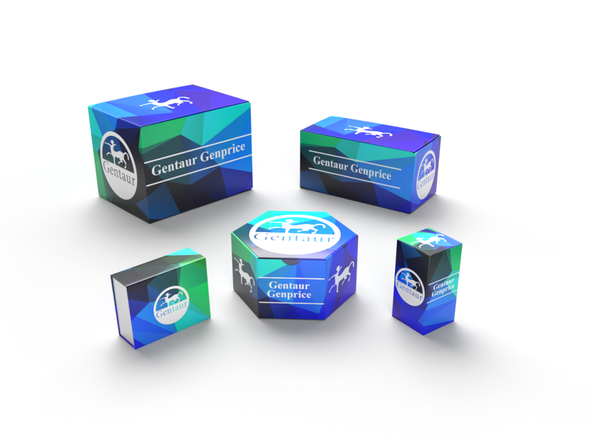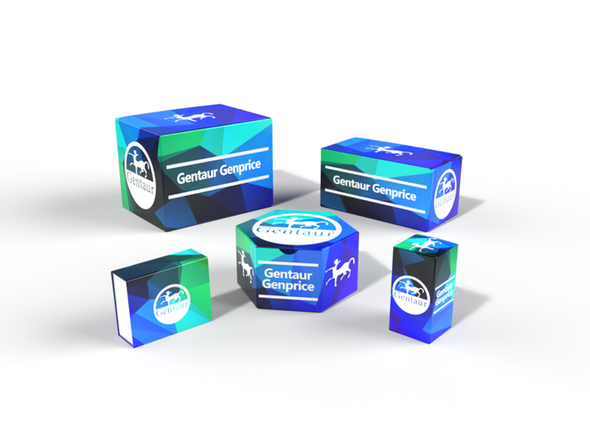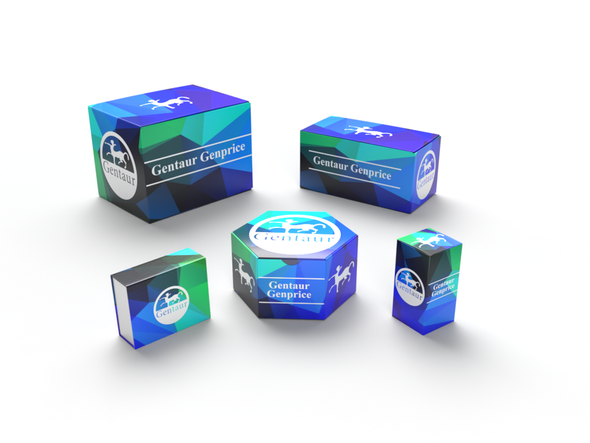Description
FBN1 Antibody | 28-762 | Gentaur UK, US & Europe Distribution
Host: Rabbit
Reactivity: Human, Dog
Homology: N/A
Immunogen: Antibody produced in rabbits immunized with a synthetic peptide corresponding a region of human FBN1.
Research Area: Cancer, Signal Transduction
Tested Application: E, WB
Application: FBN1 antibody can be used for detection of FBN1 by ELISA at 1:1562500. FBN1 antibody can be used for detection of FBN1 by western blot at 0.25 μg/mL, and HRP conjugated secondary antibody should be diluted 1:50, 000 - 100, 000.
Specificiy: N/A
Positive Control 1: Cat. No. 1205 - Jurkat Cell Lysate
Positive Control 2: N/A
Positive Control 3: N/A
Positive Control 4: N/A
Positive Control 5: N/A
Positive Control 6: N/A
Molecular Weight: 21 kDa, 312 kDa
Validation: N/A
Isoform: N/A
Purification: Antibody is purified by peptide affinity chromatography method.
Clonality: Polyclonal
Clone: N/A
Isotype: N/A
Conjugate: Unconjugated
Physical State: Liquid
Buffer: Purified antibody supplied in 1x PBS buffer with 0.09% (w/v) sodium azide and 2% sucrose.
Concentration: batch dependent
Storage Condition: For short periods of storage (days) store at 4˚C. For longer periods of storage, store FBN1 antibody at -20˚C. As with any antibody avoid repeat freeze-thaw cycles.
Alternate Name: FBN1, FBN, SGS, WMS, MASS, MFS1, OCTD, SSKS, WMS2, ACMICD, ECTOL1, GPHYSD2
User Note: Optimal dilutions for each application to be determined by the researcher.
BACKGROUND: FBN1 is a member of the fibrillin family. FBN1 is a large, extracellular matrix glycoprotein that serve as a structural component of 10-12 nm calcium-binding microfibrils. These microfibrils provide force bearing structural support in elastic and nonelastic connective tissue throughout the body. Mutations in this gene are associated with Marfan syndrome, isolated ectopia lentis, autosomal dominant Weill-Marchesani syndrome, MASS syndrome, and Shprintzen-Goldberg craniosynostosis syndrome.










